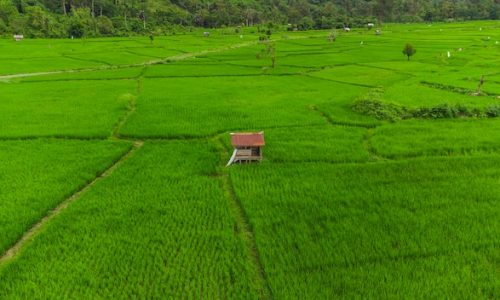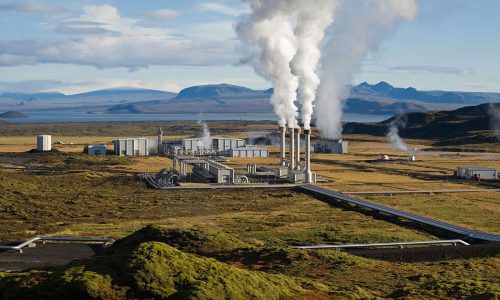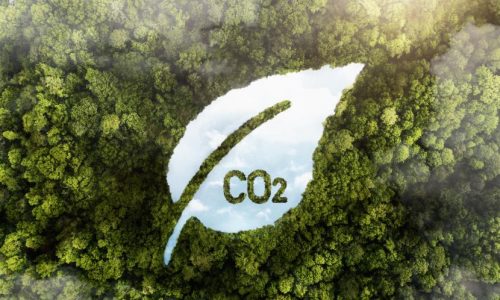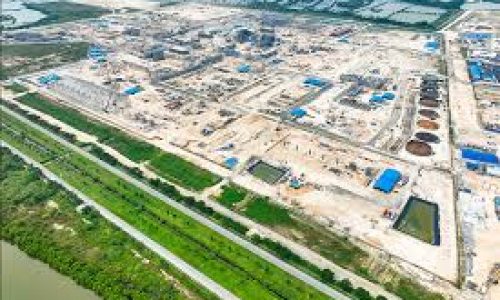The Ministry of Energy and Mineral Resources (ESDM) began the implementation of the B40 biodiesel policy on Wednesday, January 1, 2025, with the prime target of emission reduction and cut imports cut.
Minister of ESDM, Bahlil Lahadalia, said that with the mandatory determination of B40, the biodiesel quota in 2025 is set to increase to 15.6 million kiloliters (KL). This amount is up by 20 percent from the realization of B35 absorption in 2024 which reached 12.98 million KL. B40 is a mixture of 60 percent diesel fuel and 40 percent biofuel from palm oil.
“We have decided on the increase from B35 to B40. Today, we announce that the policy has been effective as of (Wednesday) January 1, 2025,” Bahlil said on Friday, January 3, 2025.
Meanwhile, he added, that the water content of B40 will continue to be improved from the implementation of this biodiesel.
“There are several things we have to do, we are currently compiling so that the water content can really be fixed. Now it is 320, there are still measures we have to take related to transportation because we will increase the ship’s specifications so that the water content is really as minimum as possible,” he cited.
The government plans to continue with 50 percent biodiesel blending (B50) in 2026 if B40 can be improved. If this goes ahead, Bahlil is confident that Indonesia will not need to import diesel fuel next year.
“So the implementation of B40 in 2025, while preparing for the implementation of B50 in 2026. If this is done, then our imports of Solar, God willing, will definitely no longer exist in 2026. So at the same time, this is part of the presidential order regarding energy security,” he concluded.









